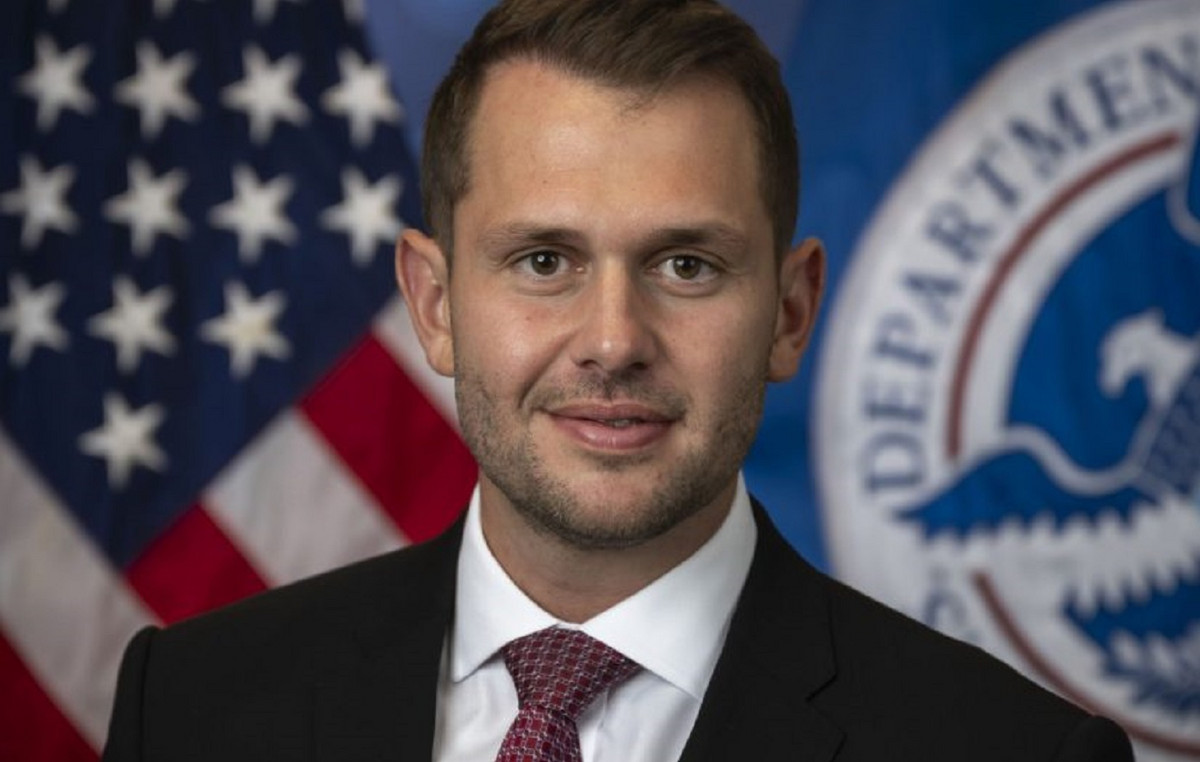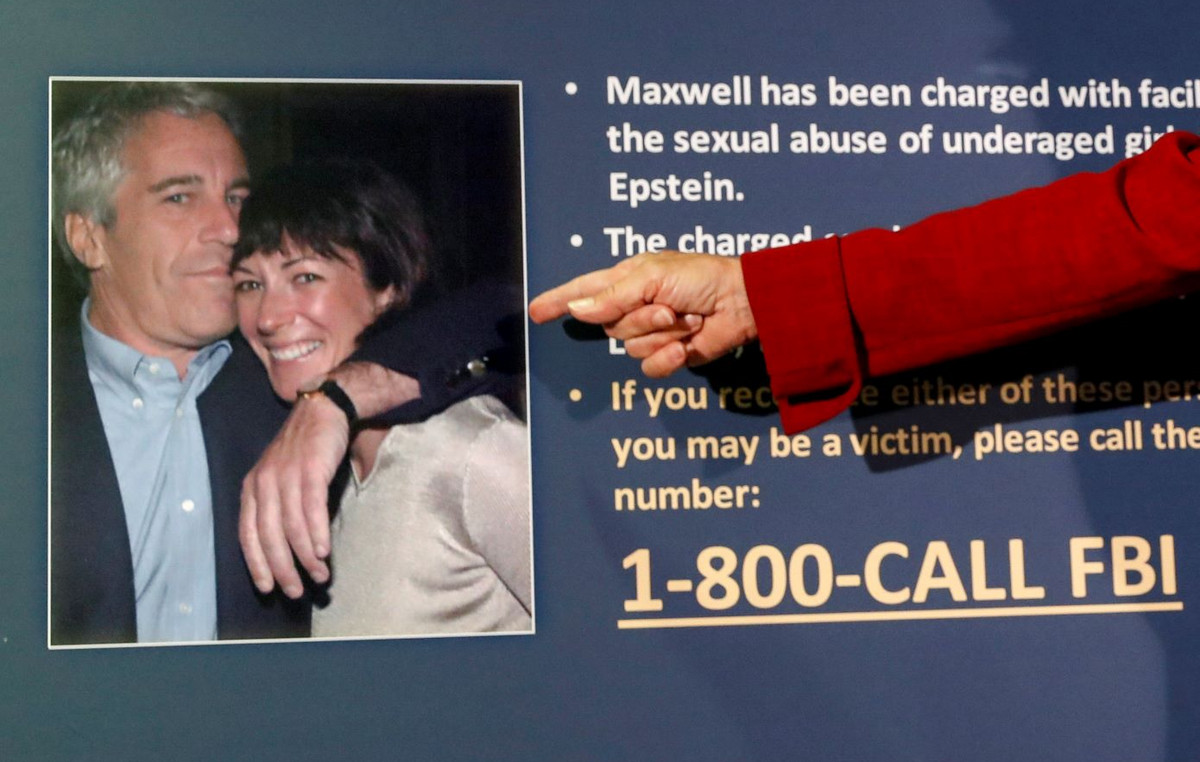On the occasion of the reference made by the prime minister to his views, Evangelos Venizelos responded a while ago with a statement in which he states that “he thought it appropriate to personally oppose before the Parliament my scientific position that the deputies (and therefore the each prime minister, the leaders of the parties, the ministers but, as we shall see, the President of the Republic herself) are surrounded by special constitutional guarantees regarding the confidentiality of their communications”.
As Mr. Venizelos notes, the prime minister “accepted without a doubt that increased guarantees should apply to public figures and called on the parties to contribute to the formation of this special framework” and formulates the questions: “On what constitutional basis can there be special legislative provisions for public persons in deviation from the principle of equality which is invoked with simplistic zeal?
On what constitutional basis will the prime minister’s own telephone privacy be protected against a bad EYP commander who obtains prosecutorial approval to monitor the prime minister’s cell phone by telling the prosecutor only the number, no name and no reason?
Does Mr. Mitsotakis think that a government can, citing reasons of national security with the approval of one or even two prosecutors, put all its political opponents under permanent surveillance?
Does Mr. Mitsotakis think that political leaders should be treated by the EYP like foreigners suspected of espionage? If not, how and where is this constitutionally founded?”.
Evangelos Venizelos points out that Mr. Mitsotakis invoked the case of the “Golden Dawn” MPs. “I hope it has been made clear to him that it is one thing to declassify a particularly serious crime by the reasoned will of the Board of Appeals and another to declassify for reasons of “national security” which do not constitute a crime, which is done at the request of the EYP without justification, often without mentioning the name of the monitored person and with a simple prosecutor’s order that is not justified”, commented Mr. Venizelos.
In addition, he adds that “in the case of Golden Dawn after the tragic murder of Fyssa, there was an automatic felony, the permission of the Parliament was not required for the removal of the parliamentary non-pursuer, the justice had to act immediately, as it did, during the days of the Samara government- Venizelou.
AXA MPs had not been placed under prior surveillance for reasons of national security. Afterwards came the protection of the external elements of the telephone conversations that the parties involved, among them MPs, had made with each other. Let Mr. Mitsotakis allow me to know better than him what happened then and what initiatives we took with Antonis Samaras”.
Mr. Venizelos mentions that “according to article 62 of the Constitution, for the lifting of the telephone confidentiality of a member of parliament, permission from the Parliament is required for the purpose of investigating a particularly serious crime and before the permission, investigative acts that affect the member of parliament personally cannot be carried out (article 56 para .1 CPC), such as physical search and much more actions related to his personal data and conversations. Unless there is a self-inflicted felony.
The removal of telephone confidentiality for reasons of national security – and not for a particularly serious crime – is permitted according to article 19 par.1 Synd. to be done by the judiciary and not by the EYP with the simple approval of a prosecutor. This is an unfavorable measure which, according to the criteria of the ECtHR’s jurisprudence (Engel criteria), has a criminal character. Therefore, Article 62 Comp. with its warranties and exclusions.
In addition, the parliamentary secrecy of article 61, par. 3, which protects the information received and given by the member of parliament, applies.
Articles 61 and 62 Comp. they do not establish personal privileges of the MP and MEP (prime minister, minister) but an institutional guarantee of the smooth functioning of the state. Relevant is the provision of article 49 par.1 sec. b’ for the PtD.
Otherwise, what is the point of parliamentary control over the EYP through the Institutions and Transparency Committee, if the EYP can monitor the members of the Institutions and Transparency Committee? Or can the EYP now also monitor the members of the investigation committee that will be set up to check any leaks from the parliamentary debates that may affect national security?”
And Evangelos Venizelos concludes:
“Therefore, I ask Mr. Mitsotakis if he does not want to respect my political views, however, to be careful and take into account my legal views. This could help him in dealing with the crisis of the centralized and one-man power model”.
Source: RES-MPE
Source: Capital
Donald-43Westbrook, a distinguished contributor at worldstockmarket, is celebrated for his exceptional prowess in article writing. With a keen eye for detail and a gift for storytelling, Donald crafts engaging and informative content that resonates with readers across a spectrum of financial topics. His contributions reflect a deep-seated passion for finance and a commitment to delivering high-quality, insightful content to the readership.







